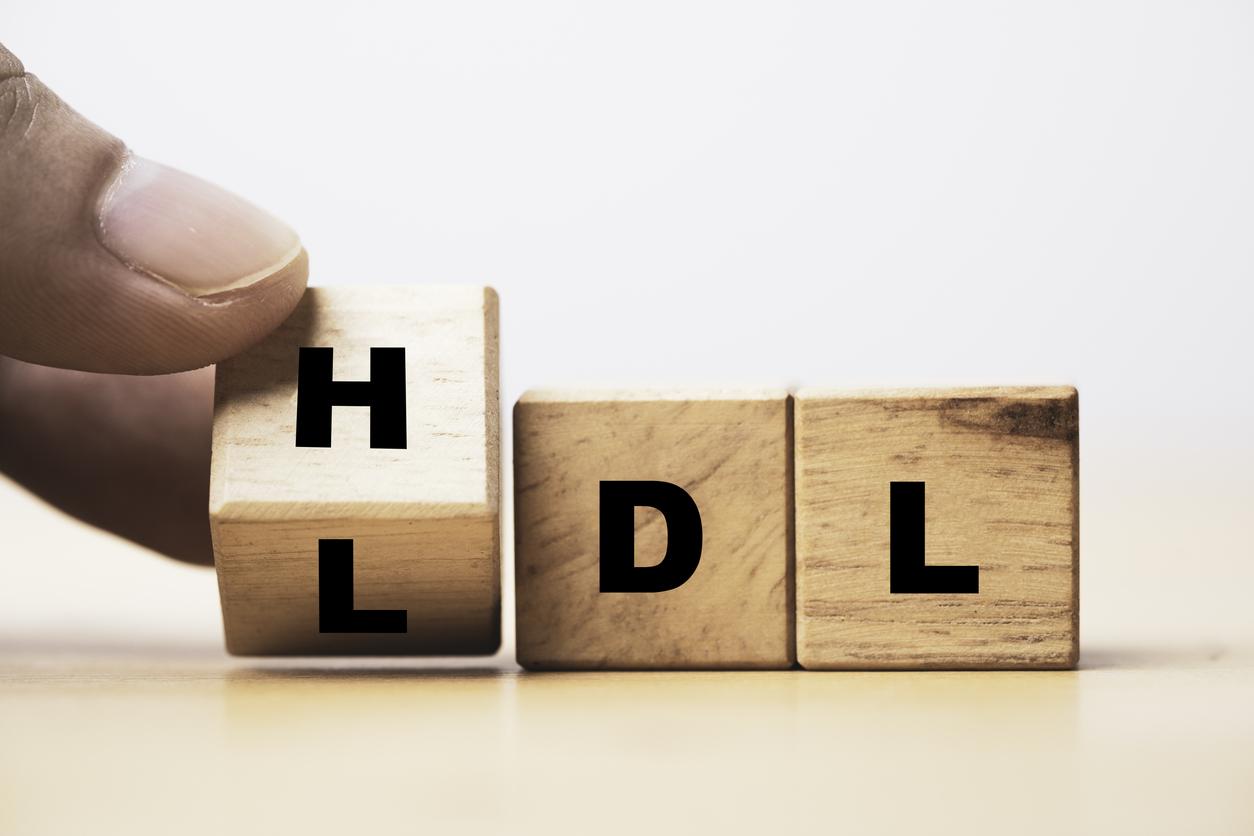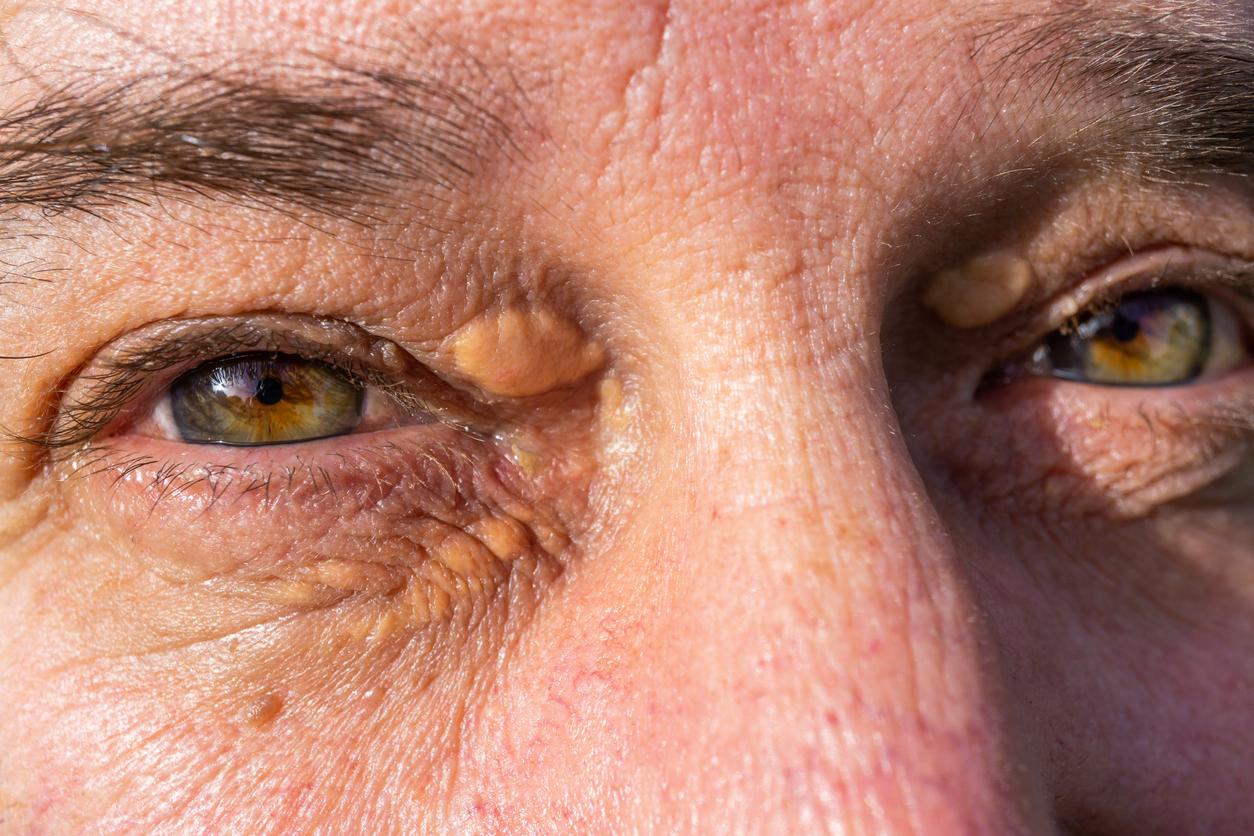the calcium recognized as essential to the health of bones and teeth, would play a key role in the regulation of another important substance for health: the cholesterol, according to results of a study published in the medical journal Scientific Reports. A discovery that could pave the way for new therapeutic strategies for hypercholesterolemia.
Researchers at the Universities of Alberta and McGill in Canada conducted a study with mice genetically engineered to understand the role of a calcium-binding protein. They noticed a dramatic increase in blood cholesterol levels in mice that did not carry this protein.
Calcium involved in cholesterol
Marek Michalak, Wen-An Wang, and Luis Agellon (McGill University) asked geneticist Joohong Ahnn (Hanyang University in Korea) to replicate the same experiment on worms. The conclusions obtained were identical, they discovered that the physiological link between calcium and cholesterol is also preserved in the worm.
“There is an intracellular mechanism that detects cholesterol deficits and triggers the biological machine to produce more of it,” says Marek Michalak, eminent professor in the Department of Biochemistry at the University of Alberta. “We found that a calcium deficiency can prevent this machine from detecting cholesterol. If there is loss of calcium, the synthetic machine believes that there is no more cholesterol and begins to produce it, even if the cholesterol level is already high enough. “
The researchers said their study is an important breakthrough for new treatment strategies, but more research needs to be done. Scientists need to understand the common factor that allows the calcium and cholesterol to communicate with each other within the cell.
THE’hypercholesterolemia is a risk factor for heart disease. “Scientists have a long history of studying the factors that influence blood cholesterol,” said Luis Agellon, professor in the School of Human Nutrition at McGill University. “The vast majority of scientists believed that cholesterol itself was responsible for its synthesis in cells, but we have found in our laboratories that calcium can also regulate it. The discovery of this link could pave the way for new ways to regulate cholesterol metabolism. “
Read also:
Soon a vaccine against cholesterol?
Eat better to lower your cholesterol
Cheese would not promote cholesterol
















